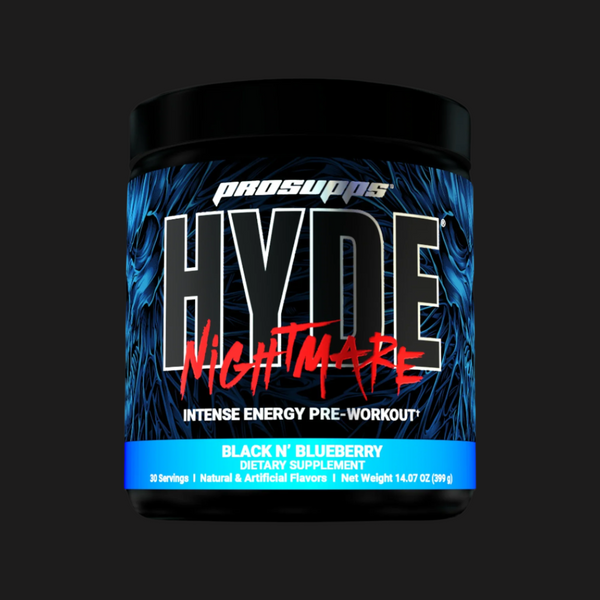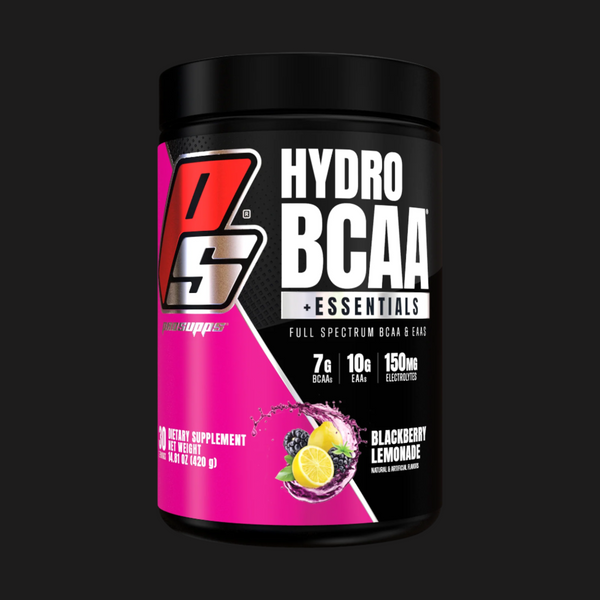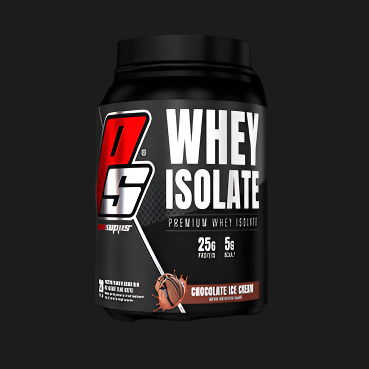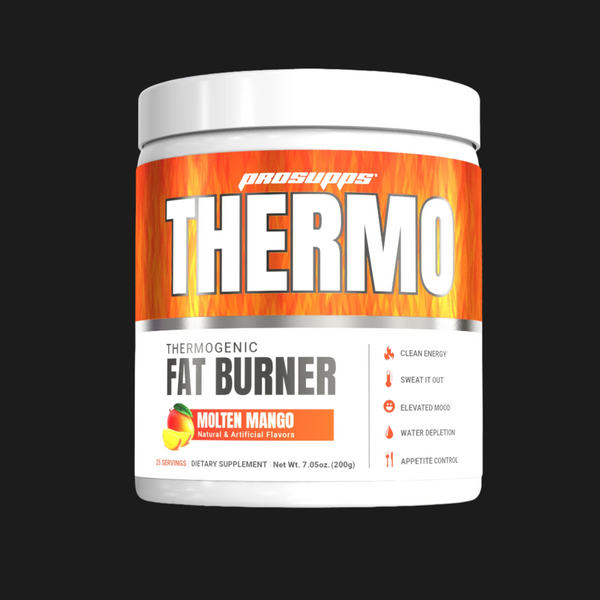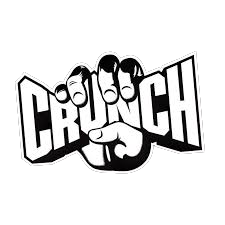
Understanding the Differences Between Creatine HCL and Monohydrate
 Written by Pri Prunella
Written by Pri Prunella August 08, 2024
Creatine monohydrate supplements have long been favored for their extensive research backing their effectiveness in enhancing muscle mass and athletic performance. However, creatine hydrochloride (HCL) has emerged as a competitor, claiming potential advantages over creatine monohydrate. This article explores the evidence supporting creatine HCL, compares its benefits against creatine monohydrate, and helps you decide which form aligns best with your fitness goals.
What is Creatine?
Creatine is a naturally occurring compound crucial for energy production in muscles during short bursts of intense exercise. As a popular dietary supplement, creatine increases phosphocreatine levels in muscles, aiding in the regeneration of ATP to sustain energy output. Athletes often use creatine to enhance strength, power, and muscle recovery, making it a staple in sports nutrition.
There are two primary types of creatine widely used in supplements: creatine HCL (hydrochloride) and creatine monohydrate. Both serve the same purpose of enhancing athletic performance and muscle growth.
What is Creatine Monohydrate?
Creatine monohydrate is the most researched and widely used form of creatine in dietary supplements. It consists of creatine molecules bound to a water molecule, which enhances its stability and absorption in the body. Creatine monohydrate works by increasing phosphocreatine levels in muscles, allowing for faster ATP regeneration during short bursts of high-intensity exercise.
This helps improve strength, power output, and muscle mass over time. It's known for its high purity (typically around 99.8%) and affordability, making it a popular choice among athletes and fitness enthusiasts seeking performance enhancement and muscle growth.
What is Creatine HCL?
Creatine HCL is creatine molecules bonded with hydrochloric acid to improve solubility and absorption rates. This molecular structure enhances its bioavailability, allowing it to be absorbed more efficiently by muscle cells. Creatine HCL is touted for its ability to provide the benefits of creatine monohydrate without the same concerns of water retention, making it potentially harmful for those sensitive to bloating.
It is claimed to be 41 times more water soluble than creatine monohydrate, which may contribute to its faster absorption and reduced side effects. As with creatine monohydrate, creatine HCL supports ATP regeneration, aiding in muscle energy production during intense exercise and supporting muscle strength and endurance.
Difference Between Creatine Monohydrate and HCL
Creatine monohydrate and creatine HCL are two widely used forms of creatine, each with distinct properties and benefits. Understanding their differences can help you choose the right type based on your needs and preferences.
Comparison:
-
Absorption Efficiency: Creatine HCL is claimed to have higher bioavailability, potentially requiring smaller doses compared to creatine monohydrate. Creatine HCL provides roughly 78% creatine by mass, while pure creatine monohydrate is about 90% creatine by mass.
-
Digestibility: Creatine HCL is generally easier on the digestive system compared to creatine monohydrate. Individuals who experience stomach discomfort or gastrointestinal issues with creatine monohydrate often find that creatine HCL causes fewer problems. This is largely due to its increased solubility and reduced likelihood of causing gastrointestinal disturbances such as bloating or cramping.
-
Side Effects: When it comes to side effects, creatine HCL is preferred by some users for its reduced risk of bloating and water retention. Creatine monohydrate is known to cause some degree of water retention, which can lead to temporary weight gain and a feeling of puffiness. In contrast, creatine HCL’s formulation is designed to minimize these effects, making it a favorable choice for those concerned about bloating or excess water weight.
-
Dosage Flexibility: Due to its higher solubility and claimed higher absorption, creatine HCL often requires smaller doses compared to creatine monohydrate. This can be advantageous for those looking to reduce their creatine intake or manage supplement consumption more precisely. Creatine monohydrate, on the other hand, typically requires a standard daily dose of 5 grams, which may be less flexible for some users.
-
Loading Phase Requirement: Creatine monohydrate often involves a loading phase (typically 20 grams per day for 5-7 days) to saturate muscle stores quickly, followed by a maintenance dose (around 5 grams per day). Creatine HCL generally does not require a loading phase due to its higher solubility and absorption, allowing users to start with a lower daily dose without an initial high intake.
While both creatine monohydrate and creatine HCL are effective in boosting muscle strength and performance, creatine HCL may offer advantages in terms of absorption, digestibility, and reduced side effects. Choosing between them depends on individual tolerance and specific fitness goals.
Benefits of Creatine Monohydrate vs HCL
Creatine monohydrate and creatine HCL are both popular choices among athletes and fitness enthusiasts seeking to enhance their performance and muscle development. Especially athletes who take other supplements, such as pre-workout. Each form offers distinct advantages based on its chemical structure and absorption properties.
Benefits of Creatine Monohydrate
Creatine monohydrate is a popular and widely studied supplement known for its multiple benefits, especially among athletes and bodybuilders. Below are some key advantages of incorporating creatine monohydrate into your fitness plan!
-
Proven Effectiveness: Extensively researched and demonstrated to enhance muscle strength and power.
-
Purity and Safety: High purity levels ensure minimal contaminants and proven safety profile.
-
Muscle Mass Gain: Supports significant gains in muscle mass when combined with resistance training.
Benefits of Creatine HCL
If you are someone who wants to take minimal supplements and avoid bloating, Creatine HCL could be for you. Check out the other benefits below!
-
Enhanced Solubility: Its water solubility facilitates quicker absorption and potentially reduces gastrointestinal discomfort.
-
Lower Dosage Requirement: Higher bioavailability may allow for smaller, more concentrated doses.
-
Reduced Bloating: TKnown for causing less bloating and water retention.
-
Convenience: Due to its enhanced absorption, creatine HCL may be more convenient for those sensitive to digestive issues.
Creatine Hydrochloride vs Monohydrate: Which is Better?
If you prioritize proven effectiveness, affordability, and a well-established safety profile, creatine monohydrate is an excellent choice. It supports significant gains in muscle strength and size when combined with resistance training.
Opt for creatine HCL if you prefer enhanced solubility, higher bioavailability, and reduced potential for bloating. It is suitable for those who experience digestive discomfort with other forms of creatine or prefer a more concentrated dosage.
For quality creatine supplements tailored to your fitness needs, explore ProSupps’ creatine products. Whether you choose creatine HCL or monohydrate, integrating these supplements into your regimen can optimize muscle performance and recovery.
References
-
De Franca, E., Santana, J. O., Fernandes Yoshioka, C. A., & Avelar, B. (2015, December). Creatine hcl and creatine monohydrate improve strength but only … Research Gate. Retrieved November 22, 2022, from https://www.researchgate.net/publication/288670717_Creatine_HCl_and_Creatine_Monohydrate_Improve_Strength_but_Only_Creatine_HCl_Induced_Changes_on_Body_Composition_in_Recreational_Weightlifters
-
National Center for Biotechnology Information (2024). PubChem Compound Summary for CID 80116, Creatine monohydrate. Retrieved July 18, 2024 from https://pubchem.ncbi.nlm.nih.gov/compound/Creatine-monohydrate#section=Literature
GET LEAN
 Why You're Struggling
Can't Lean Out? Here's Why You're Struggling
Why You're Struggling
Can't Lean Out? Here's Why You're Struggling
We all know the feeling. You’ve been working hard in the gym, sticking to your diet and getting in your...
 Weight Loss
Choosing the Best Protein Powder for Weight Loss
Weight Loss
Choosing the Best Protein Powder for Weight Loss
Struggling to shed body fat and lean out? You might need to focus more on your nutrition, specifically your protein...
 Weight Loss
9 Ways to Speed Up Your Weight Loss and Burn More Fat
Weight Loss
9 Ways to Speed Up Your Weight Loss and Burn More Fat
Weight loss is a major goal for more than 40 percent of Americans. Is it something you’re working toward, too?
 Workout Routine
10 Tips for Building a Sustainable Workout Routine
Workout Routine
10 Tips for Building a Sustainable Workout Routine
Starting a fitness journey is an exciting time, but maintaining a sustainable workout routine can be challenging. From setting realistic...





